Home>Furniture & Design>Outdoor Furniture>How Long Does Outdoor Paint Dry
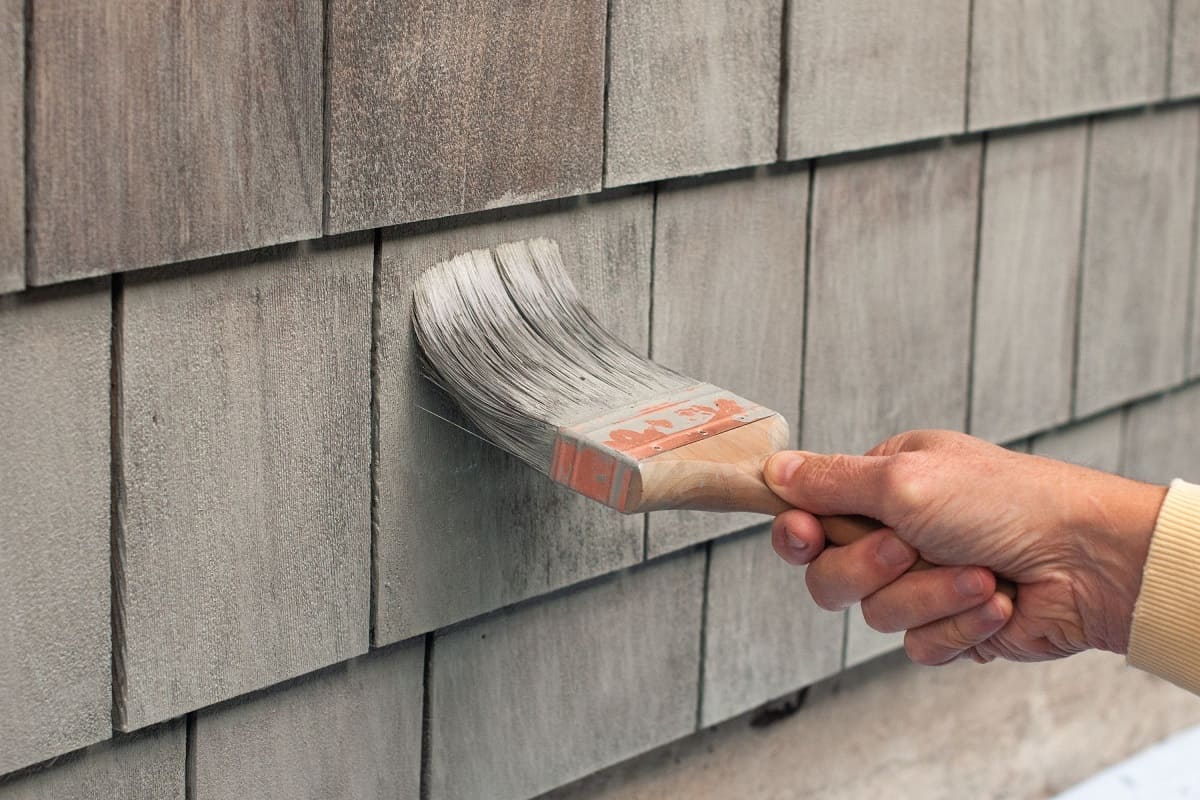

Outdoor Furniture
How Long Does Outdoor Paint Dry
Modified: October 20, 2024
Learn how long outdoor paint takes to dry and cure. Find tips for drying outdoor furniture and design projects efficiently. Protect your outdoor furniture with proper drying techniques.
(Many of the links in this article redirect to a specific reviewed product. Your purchase of these products through affiliate links helps to generate commission for Storables.com, at no extra cost. Learn more)
Introduction
When it comes to revamping outdoor furniture, giving your front door a fresh coat of color, or adding a protective layer to your wooden deck, outdoor paint is your go-to solution. However, the excitement of starting a painting project can quickly be dampened by the realization that the paint needs time to dry before you can fully enjoy the results. So, how long does outdoor paint take to dry? The answer is not as straightforward as we might hope, as various factors come into play.
Understanding the drying time of outdoor paint is crucial for planning and executing your painting projects effectively. Whether you're a seasoned DIY enthusiast or a first-time painter, having a grasp of the nuances of outdoor paint drying can make a significant difference in achieving the desired results.
In this article, we will delve into the factors that influence the drying time of outdoor paint, explore the different types of outdoor paint and their respective drying times, and provide valuable tips for accelerating the drying process. By the end, you'll be equipped with the knowledge to make informed decisions and ensure that your outdoor painting projects proceed smoothly and yield stunning, long-lasting results. So, let's embark on this colorful journey and unravel the mysteries of outdoor paint drying times!
Key Takeaways:
- Outdoor paint drying time is influenced by temperature, humidity, paint type, surface material, and application thickness. Understanding these factors helps in planning and executing painting projects effectively.
- Different types of outdoor paint have varying drying times, with oil-based paint taking longer to dry compared to latex-based paint. Choosing the right paint type is crucial for achieving desired results.
Read more: How Long Does It Take For Floor Paint To Dry
Factors Affecting Outdoor Paint Drying Time
The drying time of outdoor paint can be influenced by a myriad of factors, each playing a crucial role in the overall process. Understanding these factors is essential for estimating the time required for the paint to dry and cure effectively.
- Temperature and Humidity: One of the primary factors affecting paint drying time is the environmental conditions. Both temperature and humidity levels can significantly impact the evaporation of solvents in the paint. In warmer and drier conditions, the solvents evaporate more quickly, expediting the drying process. Conversely, cooler temperatures and high humidity can prolong the drying time, as the evaporation process slows down.
- Type of Paint: The composition of the paint itself plays a vital role in determining its drying time. Different types of outdoor paint, such as oil-based or latex-based paints, have distinct drying characteristics. Oil-based paints typically have a longer drying time compared to their latex counterparts.
- Surface Material: The material of the surface being painted can impact the drying time. Porous surfaces, such as wood, may absorb the paint, leading to a longer drying time. In contrast, non-porous surfaces like metal or plastic may facilitate quicker drying.
- Application Thickness: The thickness of the paint application can affect drying time. Applying a thicker coat of paint may extend the drying period, as it takes longer for the solvents to evaporate from a denser layer of paint.
- Primer and Undercoat: The use of primers and undercoats can influence the drying time of outdoor paint. Properly applied primers and undercoats can enhance adhesion and promote efficient drying of the topcoat.
- Air Circulation and Ventilation: Adequate air circulation and ventilation in the painting area can expedite the drying process. Good airflow helps in the evaporation of solvents, contributing to faster drying.
By considering these factors and their collective impact, you can gain insight into the variables affecting the drying time of outdoor paint. This understanding will enable you to make informed decisions and take the necessary precautions to optimize the painting process and achieve outstanding results.
Different Types of Outdoor Paint and Their Drying Times
Outdoor paint comes in various formulations, each with its unique properties and drying characteristics. Understanding the different types of outdoor paint and their respective drying times is essential for selecting the most suitable option for your specific painting project.
Oil-Based Paint: Oil-based outdoor paint, known for its durability and smooth finish, typically requires a longer drying time compared to other types of paint. Depending on the environmental conditions and the thickness of the application, oil-based paint can take anywhere from 6 to 8 hours to dry to the touch, with complete curing often taking several days.
Latex-Based Paint: Latex or water-based outdoor paint is renowned for its quick drying time and ease of application. In optimal conditions, latex paint can dry to the touch within 1 to 2 hours, allowing for efficient progress during painting projects. However, complete curing may take up to 30 days, during which the paint continues to harden and reach its maximum durability.
Acrylic Paint: Acrylic outdoor paint offers versatility and weather resistance. Its drying time is comparable to latex-based paint, with the surface becoming touch-dry within 1 to 2 hours. While acrylic paint dries relatively quickly, allowing for subsequent coats to be applied sooner, it also undergoes a curing process that may take up to 30 days for optimal performance.
Alkyd Paint: Alkyd-based outdoor paint, often used for metal surfaces and trim, exhibits a moderate drying time, typically ranging from 4 to 8 hours. The application thickness and environmental factors play a significant role in determining the actual drying time of alkyd paint.
By familiarizing yourself with the drying times of different outdoor paint types, you can make informed decisions based on the specific requirements of your painting project. Whether you prioritize speed, durability, or ease of application, choosing the right type of paint can significantly impact the overall success and longevity of your outdoor painting endeavors.
Outdoor paint typically takes 24-48 hours to dry completely. However, factors like temperature and humidity can affect drying time, so it’s best to check the paint can for specific instructions.
Tips for Accelerating Outdoor Paint Drying
While patience is indeed a virtue when it comes to outdoor paint drying, there are several strategies and techniques you can employ to expedite the process and ensure efficient completion of your painting projects. By incorporating these tips into your painting routine, you can minimize downtime and enjoy the vibrant results of your outdoor paint transformations sooner.
- Optimal Weather Conditions: Choose a day with moderate temperature and low humidity for your outdoor painting endeavors. Avoid extremely hot or cold days, as well as high humidity, as these conditions can impede the drying process.
- Use Quick-Drying Paint: Consider using outdoor paint specifically formulated for quick drying. These paints are designed to facilitate rapid evaporation of solvents, expediting the drying time without compromising on quality.
- Thin and Even Application: Apply paint in thin, even layers to promote efficient drying. Thick coats of paint take longer to dry, so maintaining a consistent application thickness can help accelerate the overall drying process.
- Primer and Undercoat Selection: Utilize high-quality primers and undercoats tailored to the surface material and type of paint you are using. Properly prepared surfaces can enhance adhesion and contribute to faster drying of the topcoat.
- Good Ventilation: Ensure adequate ventilation in the painting area to facilitate air circulation. Open windows and use fans to promote airflow, aiding in the evaporation of solvents and accelerating the drying of the paint.
- Direct Sunlight: If feasible, position the painted surfaces in direct sunlight. Sunlight can help speed up the drying process, particularly for water-based paints, by providing warmth and aiding in the evaporation of moisture.
- Use Drying Accelerators: Certain paint additives and drying accelerators can be incorporated into the paint to hasten the drying time. These products are designed to optimize the paint’s drying characteristics without compromising its quality or finish.
By implementing these tips and techniques, you can proactively contribute to expediting the drying time of outdoor paint, allowing you to complete your painting projects efficiently and enjoy the stunning results sooner. Remember that while accelerating drying is beneficial, it’s equally important to prioritize quality and adherence to paint application best practices for optimal and long-lasting outcomes.
Conclusion
Understanding the intricacies of outdoor paint drying times is a valuable asset for anyone engaged in painting projects, whether for furniture, exteriors, or decorative elements. By exploring the factors influencing drying time, familiarizing yourself with different types of outdoor paint and their respective characteristics, and incorporating strategies to accelerate drying, you can navigate the painting process with confidence and efficiency.
As you embark on your outdoor painting endeavors, consider the environmental conditions, the type of paint best suited for your project, and the application techniques that can contribute to optimal drying. Embracing the balance between patience and proactive measures, you can achieve remarkable results while minimizing the waiting time for the paint to dry and cure effectively.
Whether you’re adding a splash of color to your outdoor furniture, rejuvenating your home’s exterior, or embarking on creative DIY projects, the knowledge of outdoor paint drying times empowers you to plan, execute, and enjoy the fruits of your labor with enhanced understanding and proficiency.
So, the next time you pick up a paintbrush and set out to transform your outdoor spaces, remember that while the journey of paint drying may require a bit of time, the destination of vibrant, long-lasting finishes is well worth the wait.
Frequently Asked Questions about How Long Does Outdoor Paint Dry
Was this page helpful?
At Storables.com, we guarantee accurate and reliable information. Our content, validated by Expert Board Contributors, is crafted following stringent Editorial Policies. We're committed to providing you with well-researched, expert-backed insights for all your informational needs.
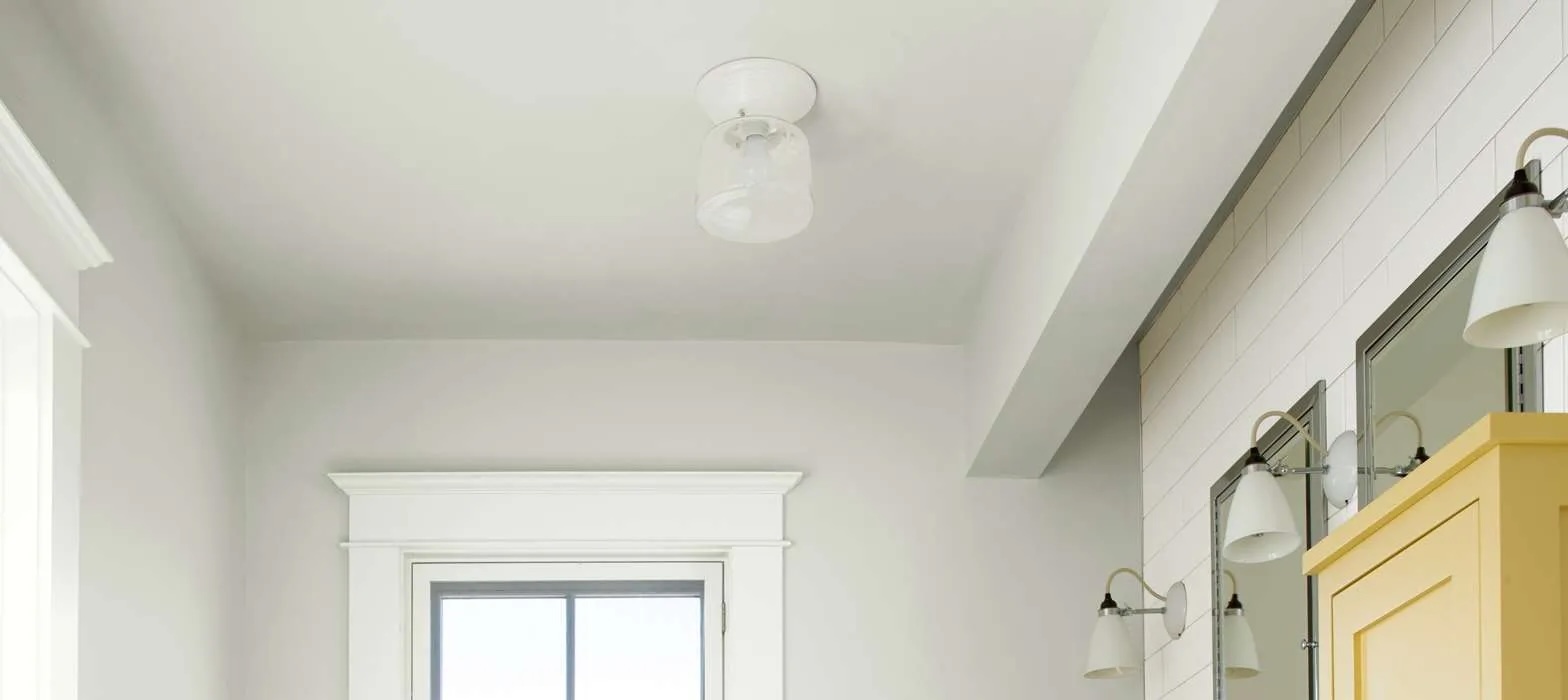
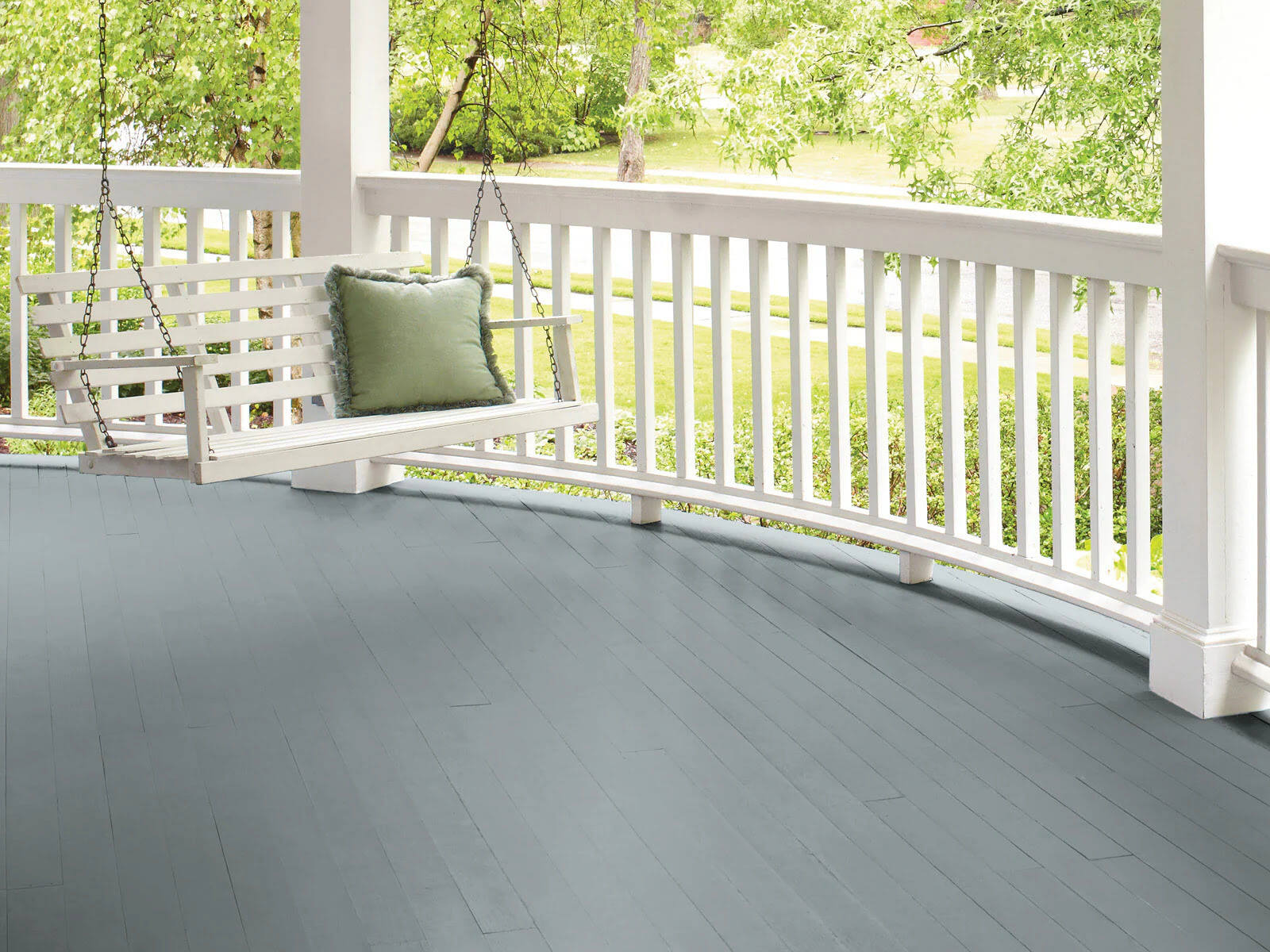
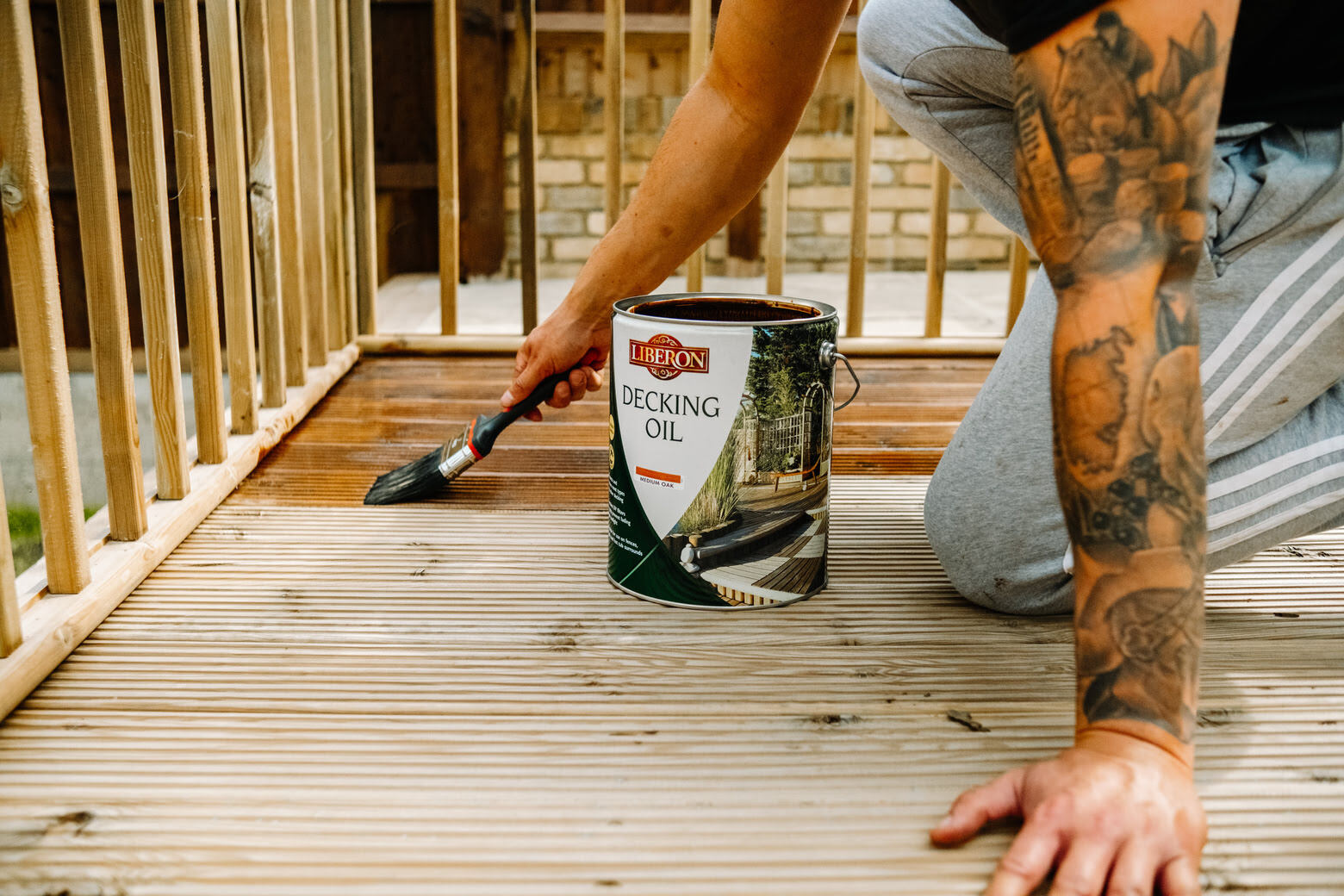
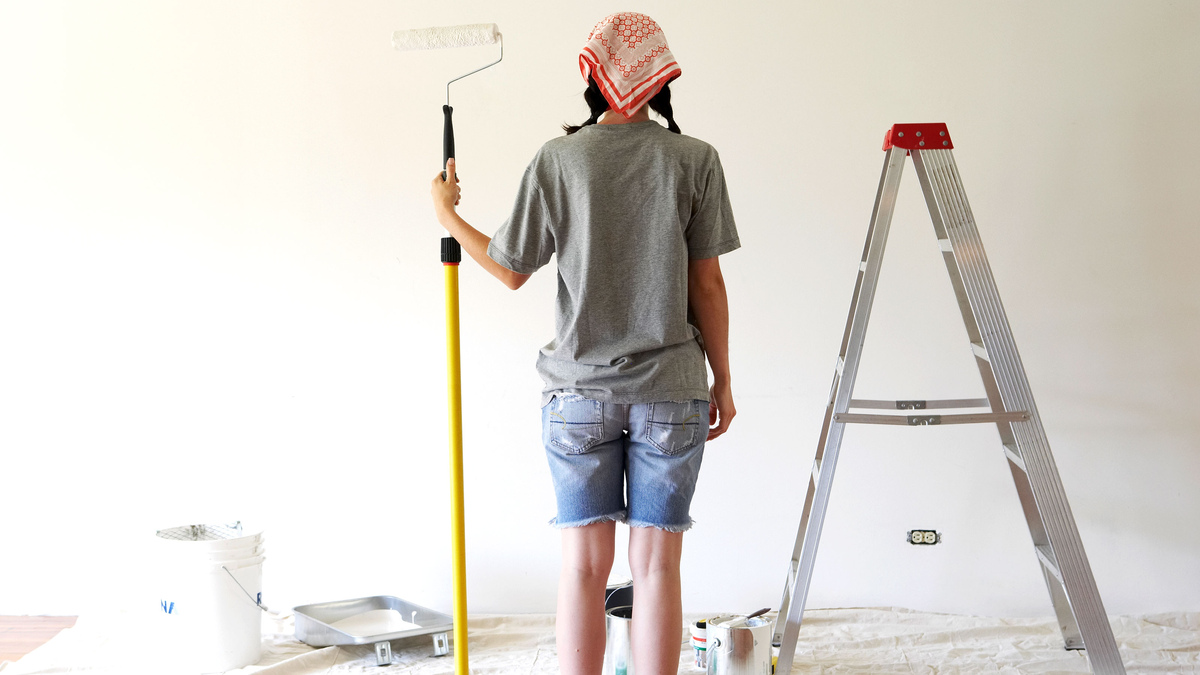
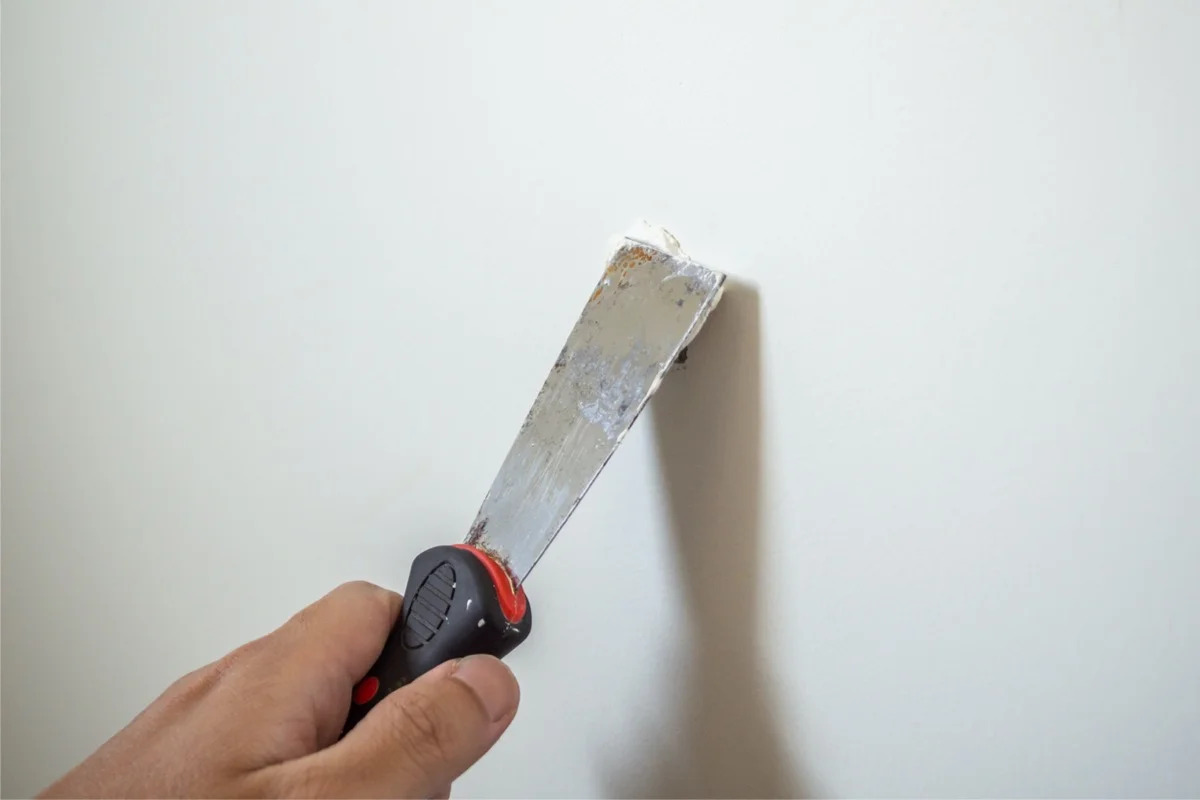
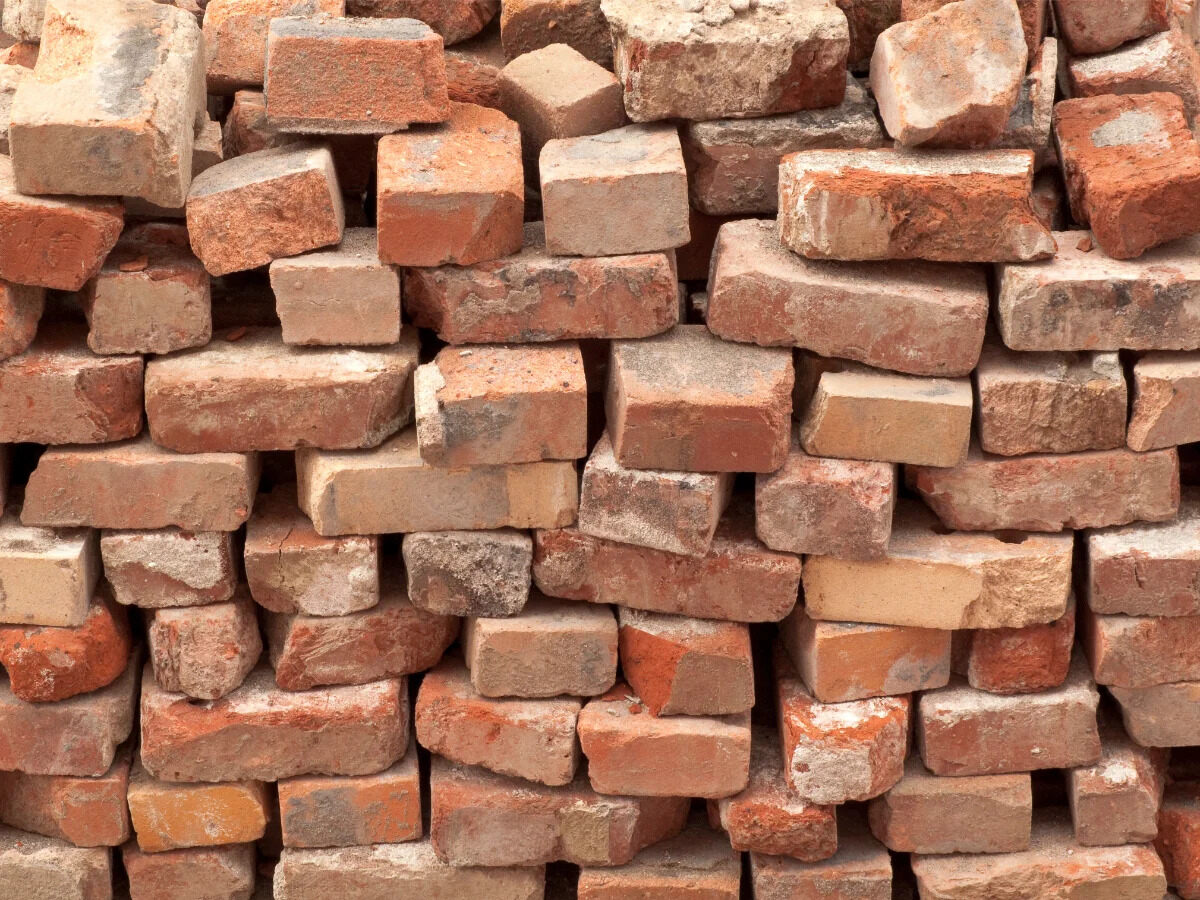
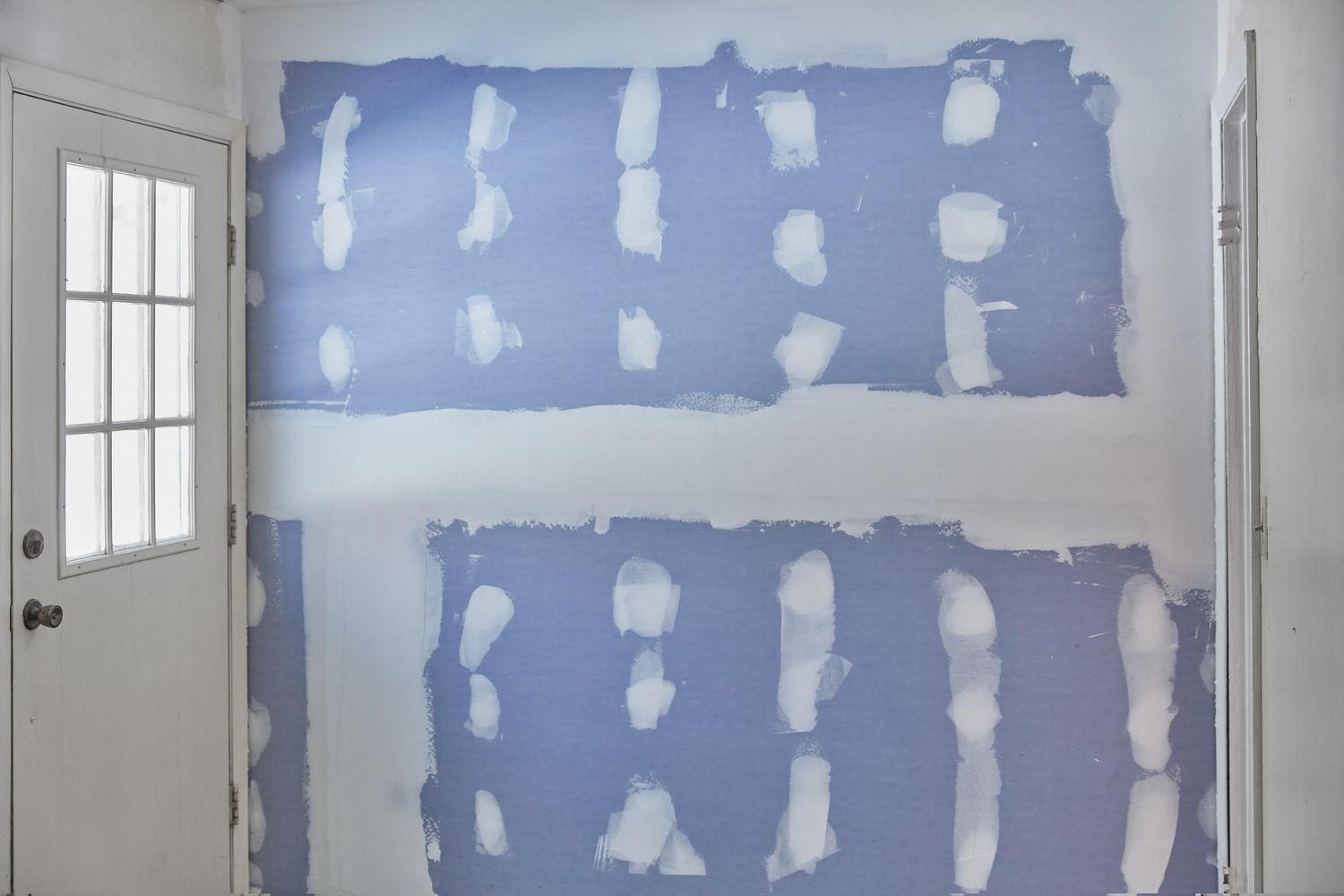
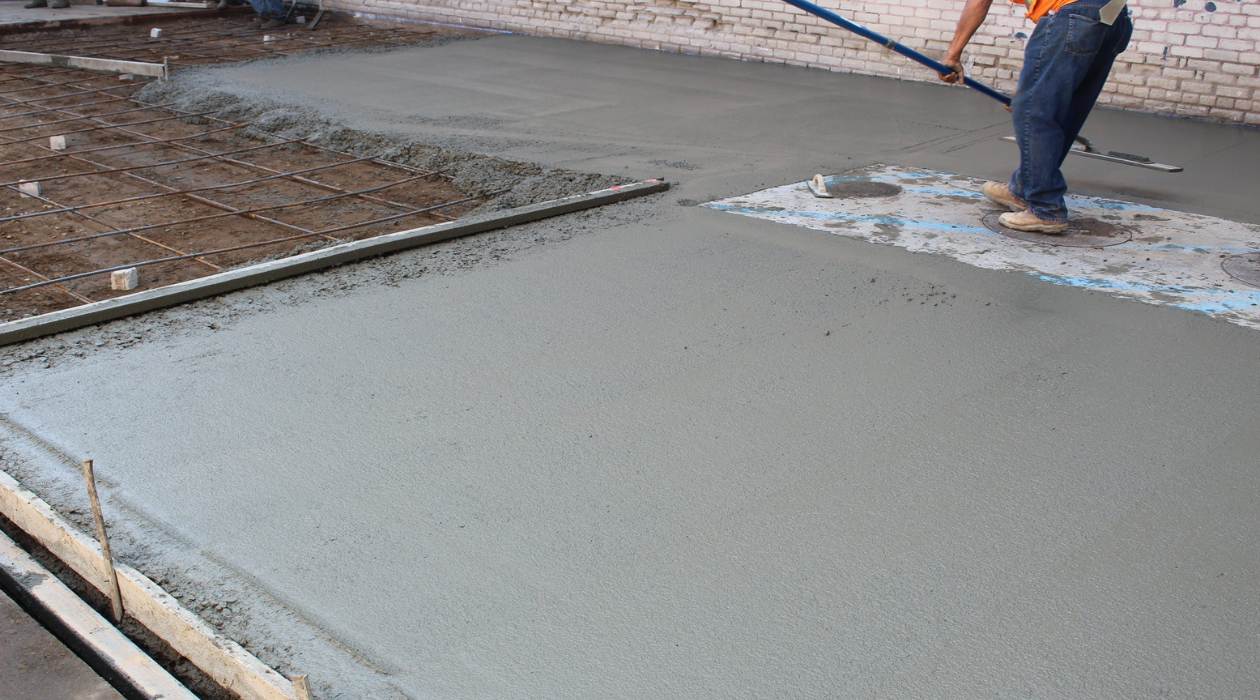
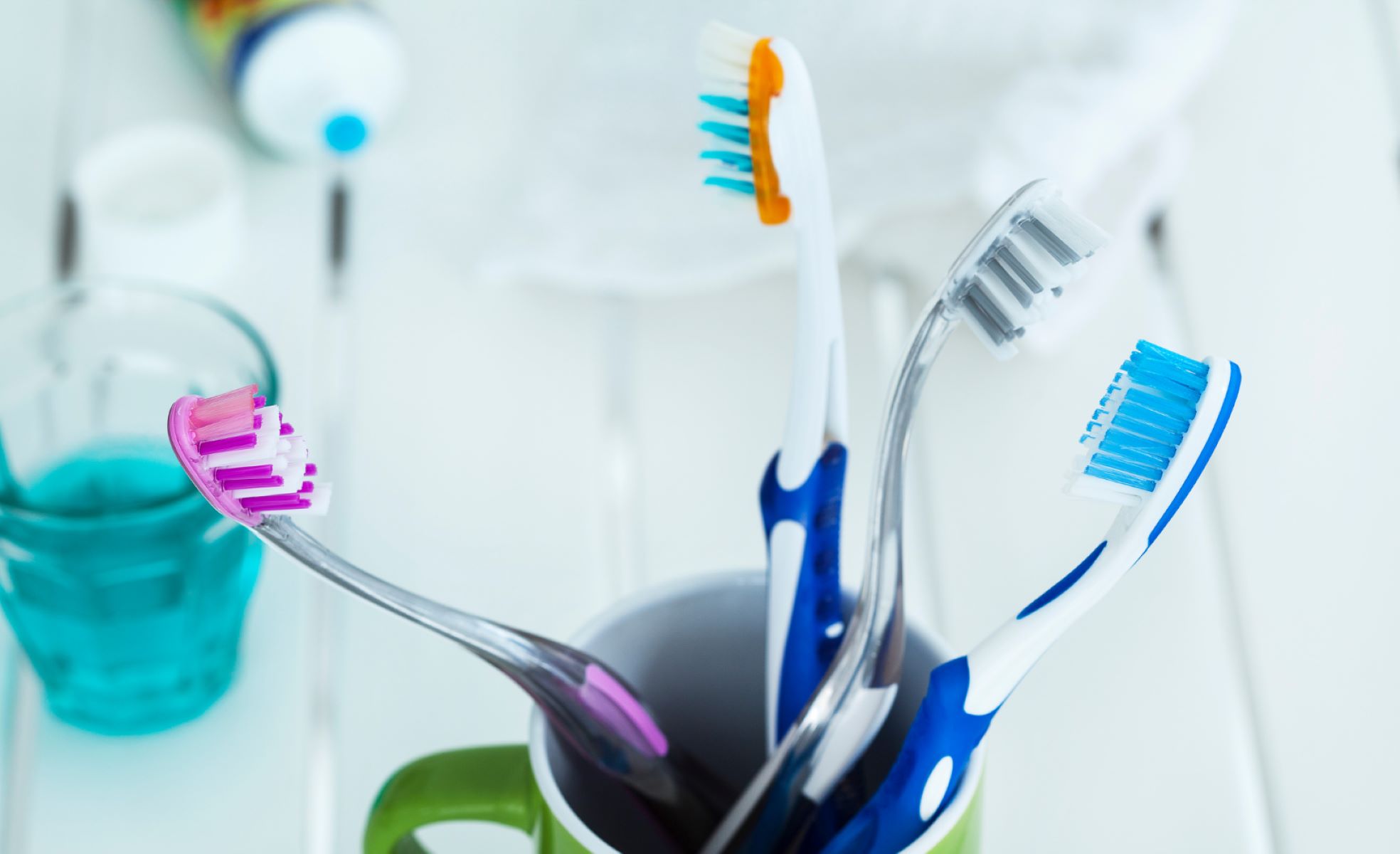
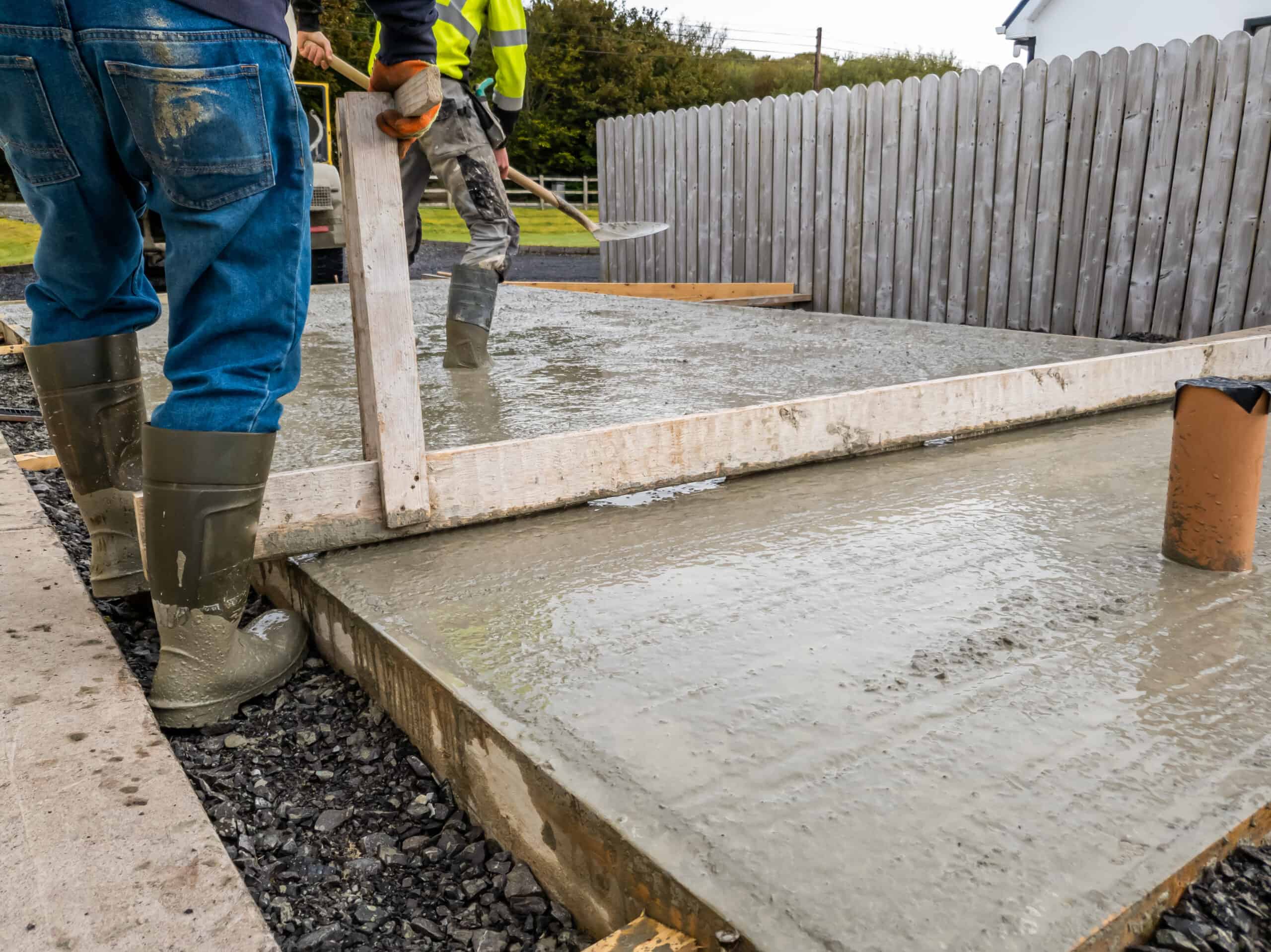
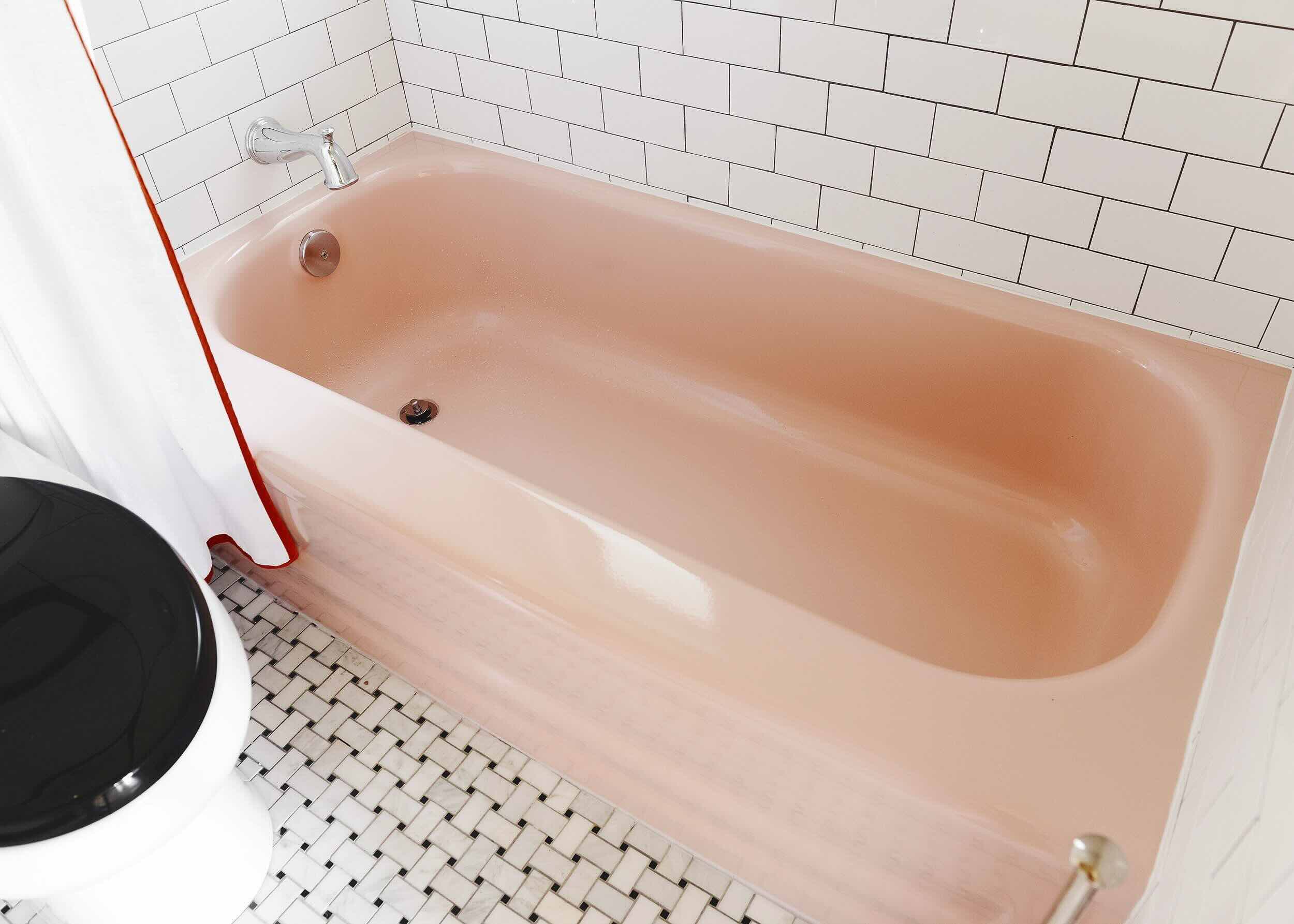
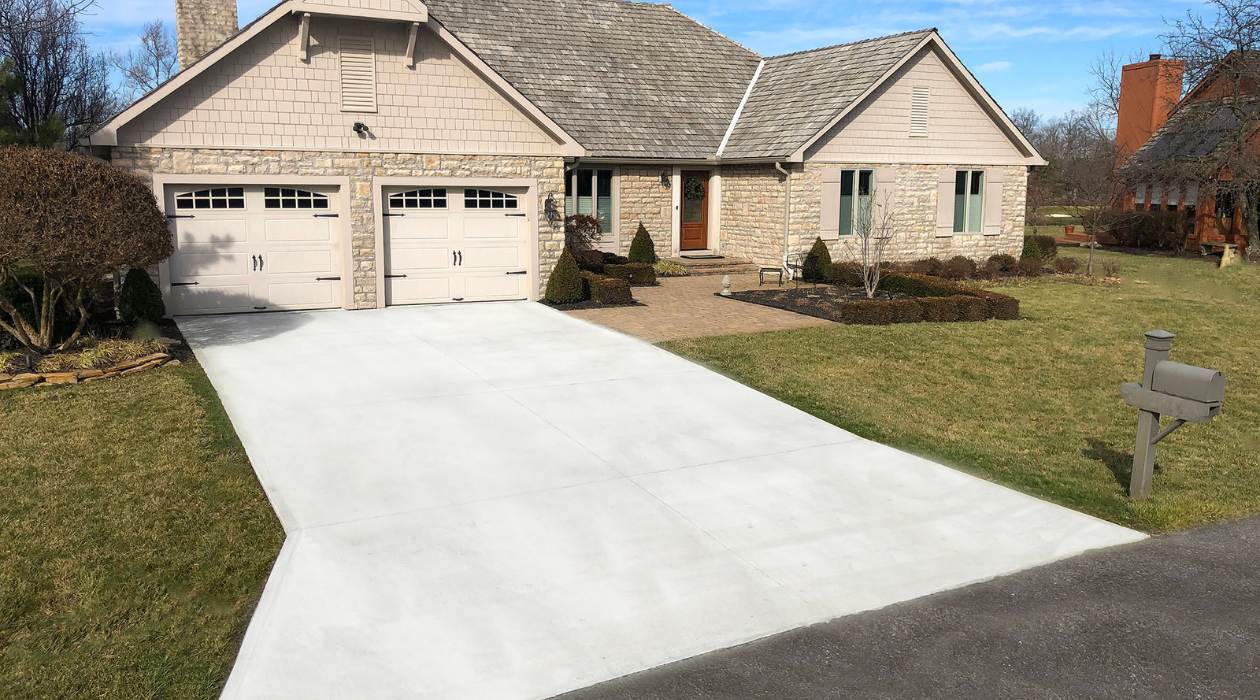
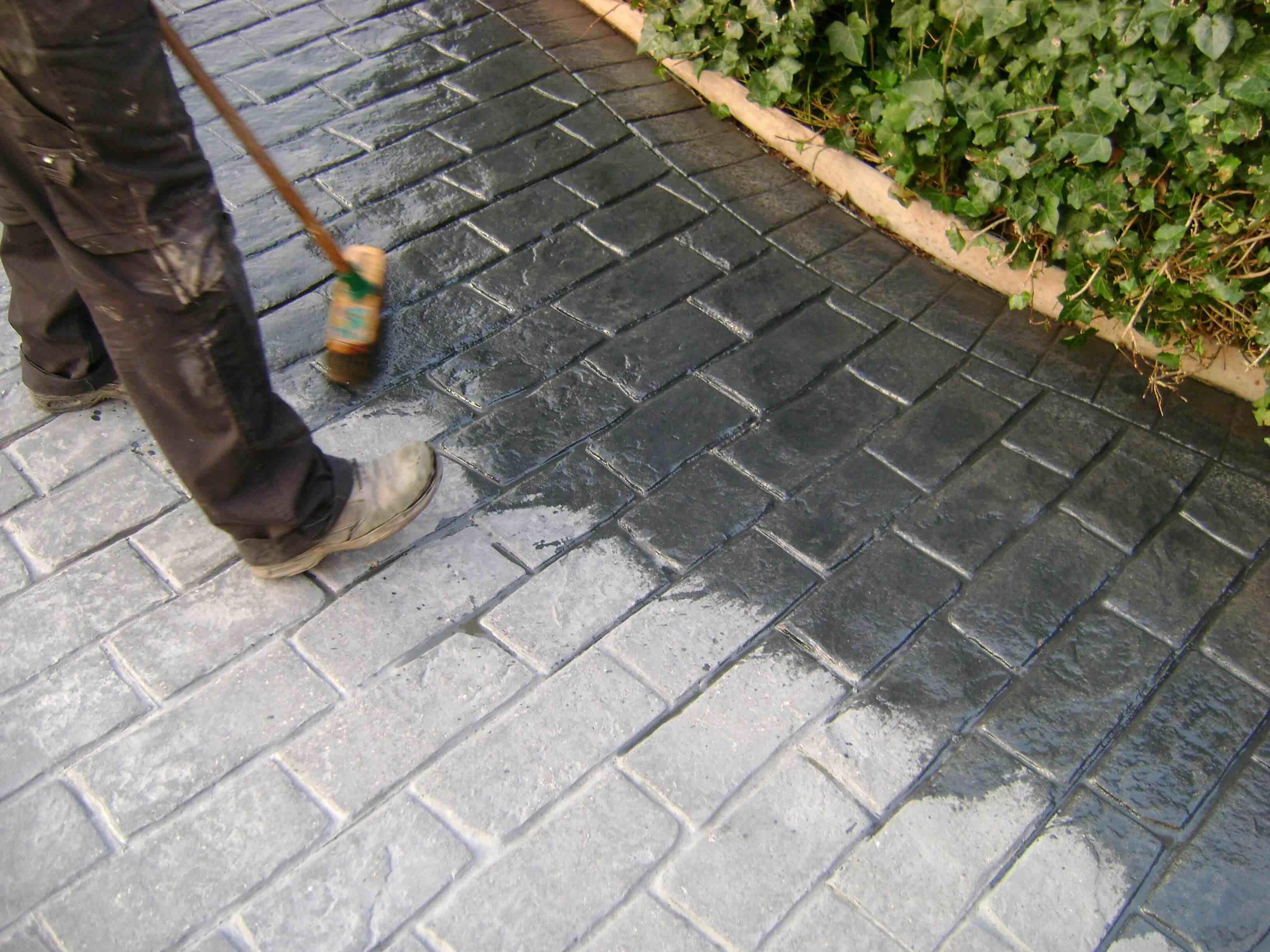
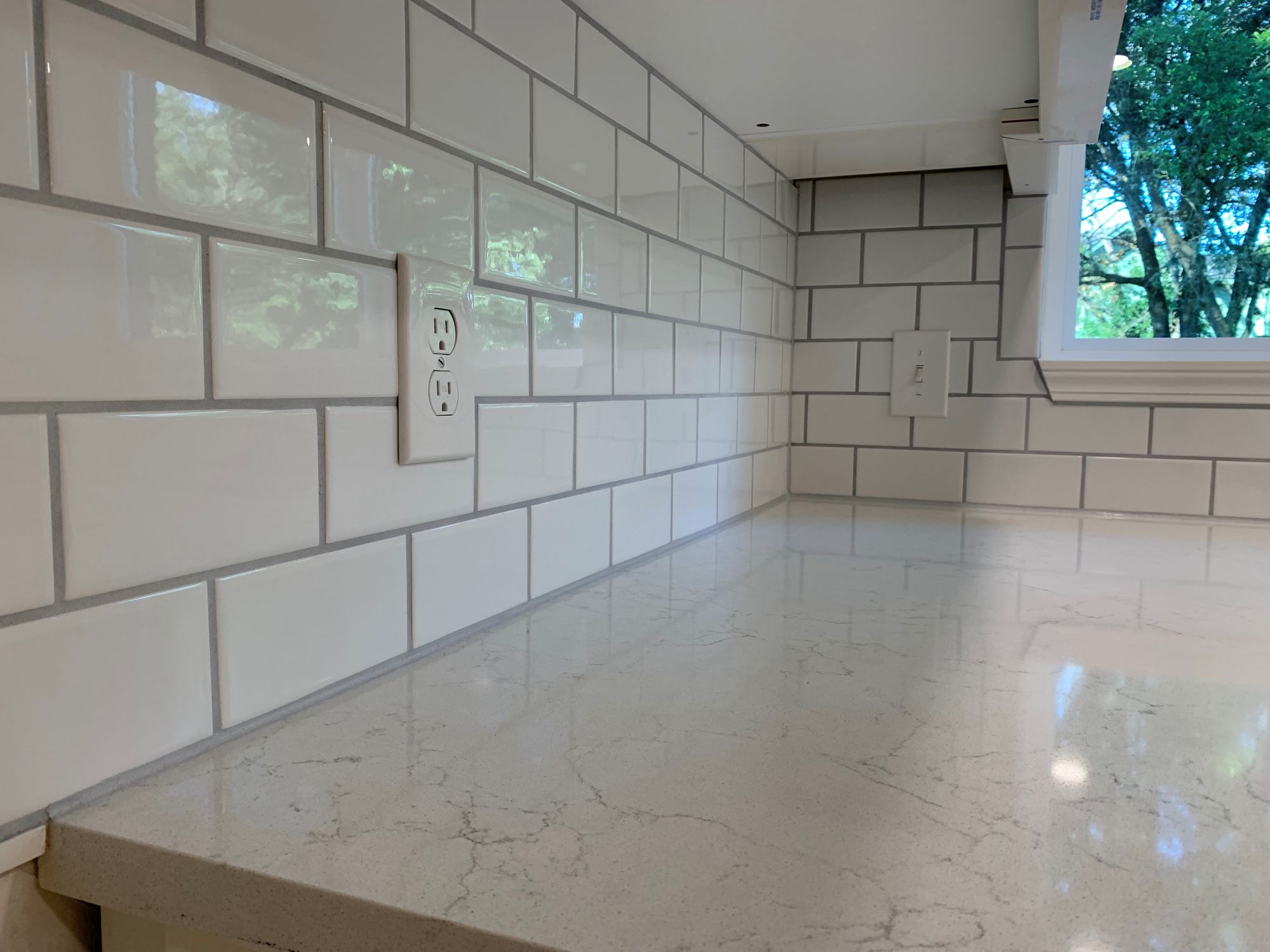


0 thoughts on “How Long Does Outdoor Paint Dry”